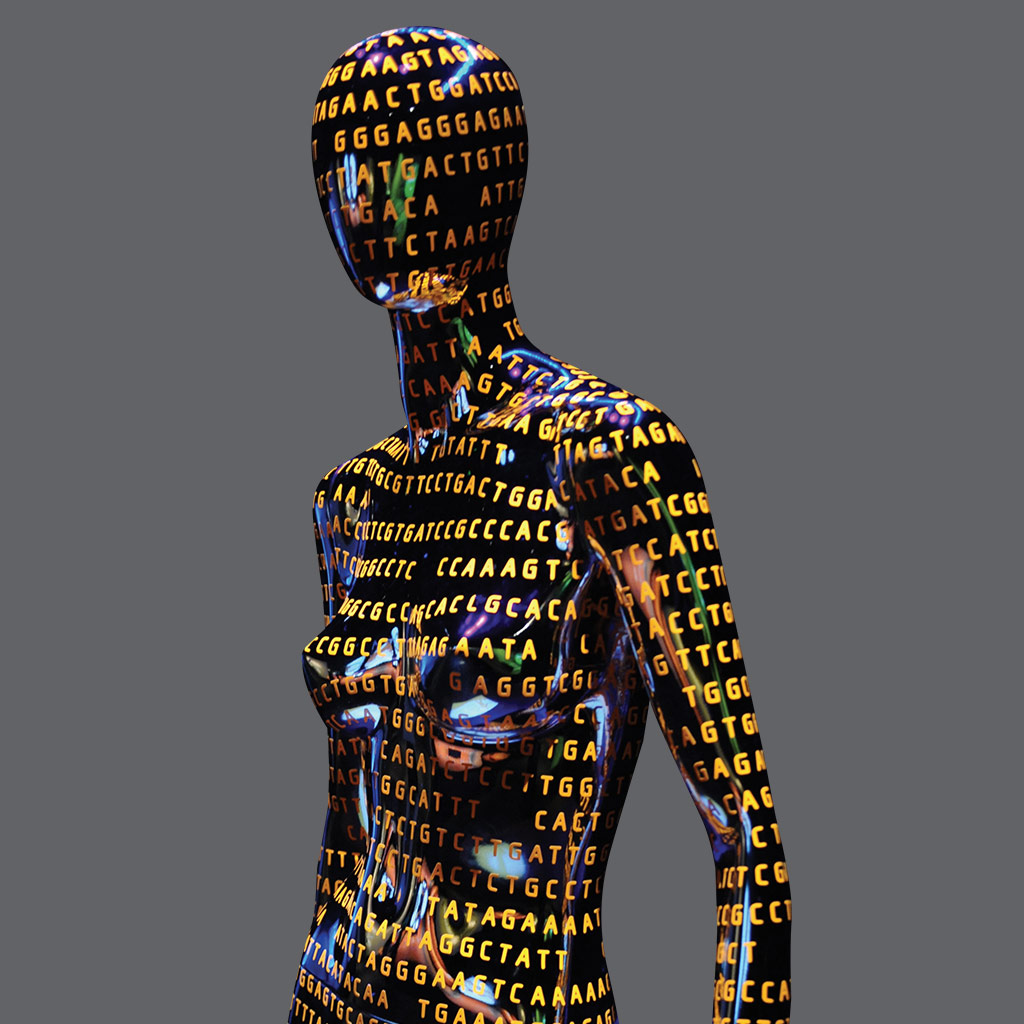
The American Society of Human Genetics (ASHG), a professional organization of over 8,000 human genetics and genomics specialists, has established a new strategic plan. Like NHGRI, ASHG periodically conducts strategic planning. For ASHG, such strategic planning reflects the Society’s commitment to support and help lead a highly dynamic and growing community of members. With the 2017 arrival of Mona Miller as ASHG Executive Director and Les Biesecker as the 2019 President (of which he serves in his personal capacity), the ASHG Board recognized an opportunity to review the Society’s achievements and how it could better serve genetics and genomics research and the broader scientific community.
ASHG’s vision for the future of human genetics and genomics is a clear, bright, and bold one – with an overarching aim to get people everywhere to realize the benefits of genomics and genetics research. This reflects the significant recent progress in understanding genome structure and function and in applying that knowledge in impactful ways, yet also recognizing there is much more to discover. The vision also recognizes that ASHG, NIH, and the entire research community can and must do more to share with the public the great excitement about genetics and genomics and to promote more – and more diverse – participation in research.
The plan encourages the field to pursue this vision while managing the risks, possible harms, and potential downsides of genetics and genomics research. To realize the vision of people everywhere benefiting from genetics and genomics research, the ASHG strategic plan also stresses the need to address issues related to diversity in genetics and genomics research. The representativeness of such research is paramount; diverse populations need to be included in order to translate benefits to all populations across the world.
The 2019 ASHG strategic plan is a living document. An important component is addressing the challenge of creating and supporting an informed public. Establishing how best to advance genetic and genomic literacy is a major challenge. No one organization has the full set of resources needed to accomplish this, and so in the future, ASHG aims to use its own tools and resources to encourage others to amplify its messages as well.
NHGRI and ASHG have partnered in numerous ways over the last two decades. Starting in 2002, NHGRI and ASHG have established two joint fellowships: first a fellowship in genomics and policy and later a fellowship in genomics and education. The Genetics and Public Policy Fellowship is designed as a bridge for genetics professionals wishing to transition to a policy career and provides three separate types of experiences: time spent at the NIH within the Executive Branch; a staff position on Capitol Hill serving elected officials in the Legislative Branch; and experience working at ASHG in the non-profit science advocacy sector. This variety of assignments provides experience for fellows in multiple areas of policy-making and helps build a professional network that advances their careers in policy. The Genetics Education and Engagement Fellowship supports early career genetics professionals wishing to transition to careers in genetics education and public engagement and provides several experiences: working with NHGRI's Education and Community Involvement Branch; working with the education department at ASHG; and an optional third experience working with another organization involved in substantive science education or public engagement initiatives.
This year, NHGRI is working with ASHG and the Human Heredity and Health in Africa (H3Africa) Consortium to support 25 research trainees and early career investigators from Africa to attend and present their work at the annual ASHG meeting in Houston. Also, at the annual ASHG meeting, NHGRI program directors will hold an ancillary workshop to provide guidance to early career researchers about navigating the NIH funding system. NHGRI has also partnered with ASHG in the creation of the Human Genetics Scholars Initiative to increase and support workforce diversity in the human genetics and genomics research community.
For more information on ASHG, visit their website.
![]()







